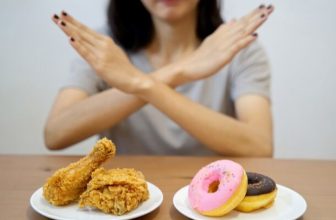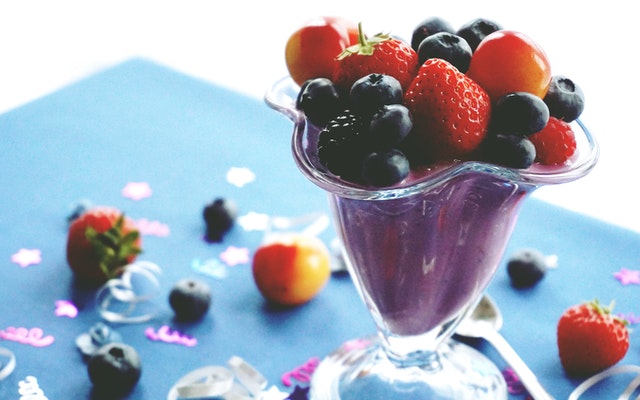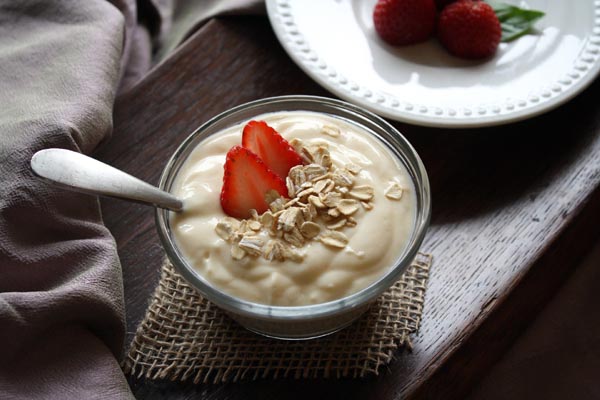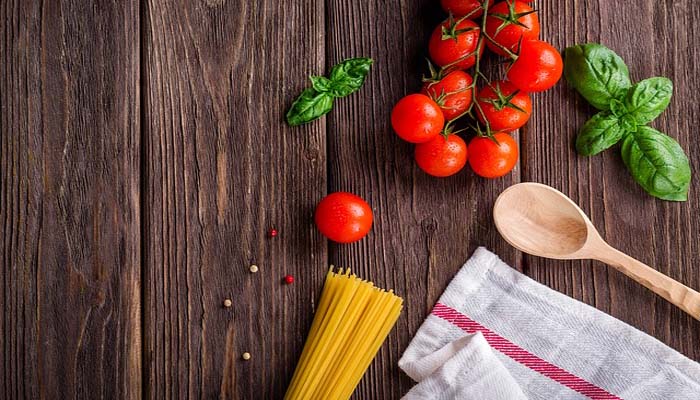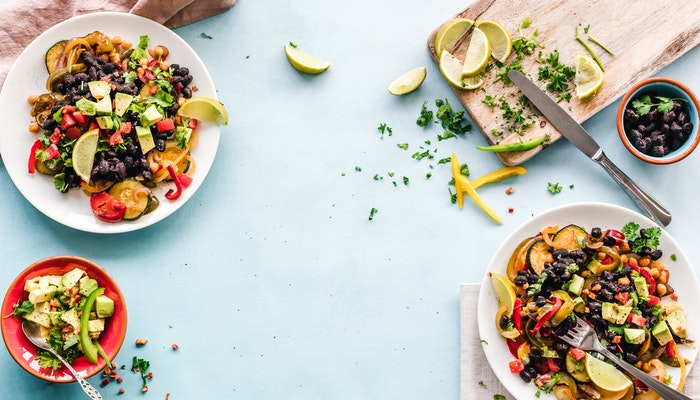
Old age is often called the second childhood. Just like babies seniors too need special care about everything-their food, diet, health, etc. Elders face many challenges in their daily life. Their metabolism and appetite are low, digestion is slow and there is no energy. They need a good protein and fibre supplement to combat all these problems. This is where “whole grains” step in to rescue seniors.
Why whole grains must be included in the senior diet?
Whole grains are a great source of protein, fibre and essential vitamins. They contain minerals like iron, calcium, etc and are an abundant storehouse of protein. Grains contain vital vitamins, A, C, B1, B2, B3 and Folate etc., which elders need crucially. Folate is especially needed for elders to combat ageing ailments like dementia and Alzheimer’s disease.
Both insulin and cholesterol levels are reduced by the intake of whole grains. Grains thus keep diabetes and hypertension at bay for seniors. Grains reduce triglycerides and prevent the absorption of bad cholesterol in the body. Thanks to these grains, the hearts of seniors remain healthy always.
Grains help elders manage their weight effectively. Women who consume more whole grains, brown rice, dark bread and wheat germ are 50% less likely to gain weight than those who preferred white bread and doughnuts.
The fibre that grains contain accelerates digestion and prevents constipation in seniors. Grains also contain magnesium which is essential for keeping your bones strong, your heart healthy and your immune system active.
Most important of all, grains offer the maximum protein with every meal for seniors and this is what elders need the most.
Do elders need more protein in their diet?
Of course, they do. A research study in 2018 followed 2900 seniors for 23 years. Its findings revealed that seniors who ate more protein were 30% less impaired functionally than those who did not.
Another study conducted in 2017 observed 2000 elders for 5 years. The result revealed that the seniors who consumed less protein had the most difficulty in climbing stairs, walking, etc. This clearly shows that seniors need more protein than young adults
Why do seniors need proteins?
Protein should constitute a major portion of the senior diet. As elders age, their metabolism slows down and the body is unable to repair or replace damaged tissues quickly. This is where proteins are needed the most for elders. Proteins are the essential body-building nutrients for seniors as they repair cells, tissues, muscles, bones, tendons, ligaments, etc. They even produce hormones and enzymes.
Eating more proteins is of great benefit to elders as they lower blood sugar and cholesterol, keeping heart disease, stroke and diabetes away. Proteins take longer to digest and that is why a protein-packed diet helps elders maintain their weight and be free from obesity.
Sarcopenia or muscle loss starts at the age of 50 and that is why seniors should consume more protein than younger people. Elders who consume enough protein do not have a risk of stroke, arthritis or osteoporosis. Proteins improve concentration and cognitive ability and help elders combat the mental ailments due to age like Alzheimer’s or dementia. Seniors can maintain their motor control and keep Parkinson’s at bay with a daily intake of protein. This daily intake of proteins must include 7-8 ounces of protein daily and that can be provided only by whole grains.
Why are whole grains are the best protein companions for seniors?
Nearly 30-40% of whole grains is protein. 100g of wheat bread has 13 grams of protein. 45 g of Wild rice has 6.63g of protein and Khorasan wheat has 6.54 grams.
On a daily basis, elders need 50 grams of proteins and 12% of this is funded by whole grains which are 6 g. This is the same amount provided by 1 hard-boiled egg, 1 ounce of almonds or 2/3 cup of lentil soup.
In addition to protein, grains have enough fibre and vitamins to enrich your meal.
This is why whole grains are the best protein companions for seniors.
How can seniors include whole grains for protein in their diet?
Seniors can include whole grains as the main component of their meal every day. Oats, Wheat, Rye etc are best to be consumed in whole grain form. Buckwheat and Bulgur wheat is also healthy gluten-free options that suit most elders. Corn., Barley, Millets, Spelt and Quinoa are other grain options. Whole-grain bread and pasta make ideal meals for seniors. Elders who prefer rice can opt for brown rice to increase the protein content.
Seniors can include whole grains as bread, pasta, rice, etc in their main course. They can also drink soups made of corn, barley or rye. Elders can choose protein-rich wholegrain snacks like peanut cookies, whole grain energy bars and pumpkin seed pancakes to pacify their food cravings. Breakfast in the form of oatmeal and yoghurt or whole-grain pasta with vegetables is also highly recommended for seniors.
Seniors must discuss with their caregivers ways to include whole grains innovatively and tastily into their diet in the form of soups, salads, bread, rice and desserts.
Whole grains are wholesome protein providers for seniors. Always ensure that whole grains are made a part of the senior meal plan at both homes and assisted living facilities. There can be no substitute for whole grains in a senior’s diet.

